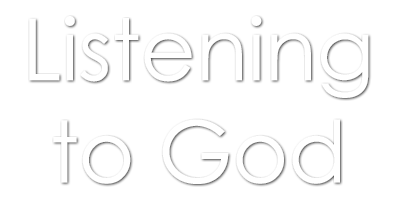Read chapter in full: www.biblegateway.com/passage/?version=ESV&search=Leviticus+005
Leviticus 5(ESV)
1 “If anyone sins in that he hears a public adjuration to testify, and though he is a witness, whether he has seen or come to know the matter, yet does not speak, he shall bear his iniquity; 2 or if anyone touches an unclean thing, whether a carcass of an unclean wild animal or a carcass of unclean livestock or a carcass of unclean swarming things, and it is hidden from him and he has become unclean, and he realizes his guilt; 3 or if he touches human uncleanness, of whatever sort the uncleanness may be with which one becomes unclean, and it is hidden from him, when he comes to know it, and realizes his guilt; 4 or if anyone utters with his lips a rash oath to do evil or to do good, any sort of rash oath that people swear, and it is hidden from him, when he comes to know it, and he realizes his guilt in any of these; 5 when he realizes his guilt in any of these and confesses the sin he has committed, 6 he shall bring to the Lord as his compensation for the sin that he has committed, a female from the flock, a lamb or a goat, for a sin offering. And the priest shall make atonement for him for his sin.
REFLECTION
- The characteristic of guilt offering is compensation. It is to fulfill the guilty debt with God and with men.
- The excuse, “I didn’t mean to,” has been used widely by all ages of people. Some even say if the acts which caused harm were not performed as a conscious, intentional violation of God’s known will, no sin was involved. And, he is not responsible for the damage.
- This passage of Leviticus and that in Chapter 4 calls on us to reevaluate our view of sin and of responsibility. Again and again the text says, “If anyone ‘sins unintentionally and does what is forbidden in any of the law’s commands,’ he is guilty.”
- We are fully responsibility for our actions, for our unintentional violations of God’s law, and for any unintentional hurts we inflict on others. In God’s sight, these are sins. We can’t be close to God or to others if we keep on excusing sinful acts by whining. God makes a point of these sins because, when we confess them and make right the harm we’ve done, God is ready to forgive.
- When am I most likely to think or say “But I didn’t meant to”? How else might I respond in that situation?
PRAYER
Recall a time when I did use this excuse. Take a moment now to consider my sins and the harm I might have created, then confess it to God.






